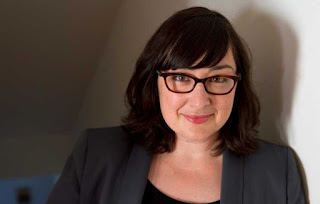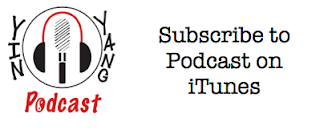 A grant was recently given to Dr. Fernandez and his team from the National Aeronautics and Space Administration (NASA). Dr. Facundo Fernandez is a professor of Bioanalytical Chemistry at Georgia Tech University. The purpose of this grant was to fund a study where a robot armed with an Acupuncture needle would probe particles on foreign objects. Identifying these particles could help scientist find details to the primordial soup that first generated life.
A grant was recently given to Dr. Fernandez and his team from the National Aeronautics and Space Administration (NASA). Dr. Facundo Fernandez is a professor of Bioanalytical Chemistry at Georgia Tech University. The purpose of this grant was to fund a study where a robot armed with an Acupuncture needle would probe particles on foreign objects. Identifying these particles could help scientist find details to the primordial soup that first generated life.The robot starts off by doing a 3D scan of the object that needs investigating (for example purposes lets say its a rock). A robotic arm holding an acupuncture needle extends to a very precise area of the rock which was identified from the 3D scan. When the needle taps the desired area, material from the rock lands on the surface of the acupuncture needle which can then be inserted into a mass spectrometer onboard the robot
The mass spectrometer bombards the needle with ions causing the sample molecules to break into tiny charged particles that can be determined and identified. What is revolutionary about this method is that the newly identified particles are then digitally mapped on the example rock. The robot would repeat this process until it has mapped the entire surface of the rock.
Acupuncture needles have several unique characteristics that make them surprisingly adaptable for both Traditional Chinese Medicine and chemical analysis of unknown particulates. The medical grade stainless steel can withstand the charged ion bombardment from the mass spectrometer, acupuncture needles can be repeatedly tapped on surfaces without becoming dull and the weight and size of the needle allows it to be stored into small areas of the robot thereby limiting the cargo load.



